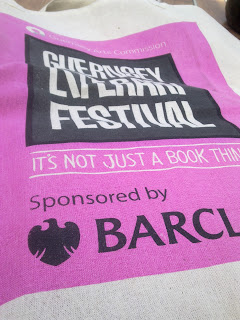 |
| The Red Arrows, Guernsey, September 2012 |
John Braine's unforgettable 1957 novel comes to life again on BBC 4 tonight, the same day as Casual Vacancy, J K Rowling' s first novel for adults, hits the shelves. There appear to be interesting parallels. Both highlight the vagaries of the the good old British class system which, along with sex politics and money, has spawned tales of greed and ambition since Shakespeare picked up the quill.
Why should a 55-year-old novel have its place on our screens when the world is awash with aspiring young novelists? Because, in my view, Room at the Top is a history book for the next generation and should be compulsory reading for anyone over sixteen.
John Braine's protagonist, Joe Lampton, is a working class Yorkshire lad with eyes on the boss's daughter and a chip bigger than the whole of Harry Ramsdens on his shoulder. By no means the original 'angry young man,' Joe nevertheless spoke for a whole host of men in post-war Britain who wanted to better themselves. Ultimately, however, he 'sold his soul' to achieve his ambition.
J. K. Rowling describes her book as a comic tragedy and it is indeed tragic that modern society has made little progress with its 'them and us' view of the world. I look forward to reading Casual Vacancy, heralded as an everyday story of the rich versus the poor. In the meantime, I'm on the side of the world's would-be high fliers even if, like Joe, all they do is make us sit up and take notice.
Ambition may have its downsides but I'd swap it for bigotry every time.




